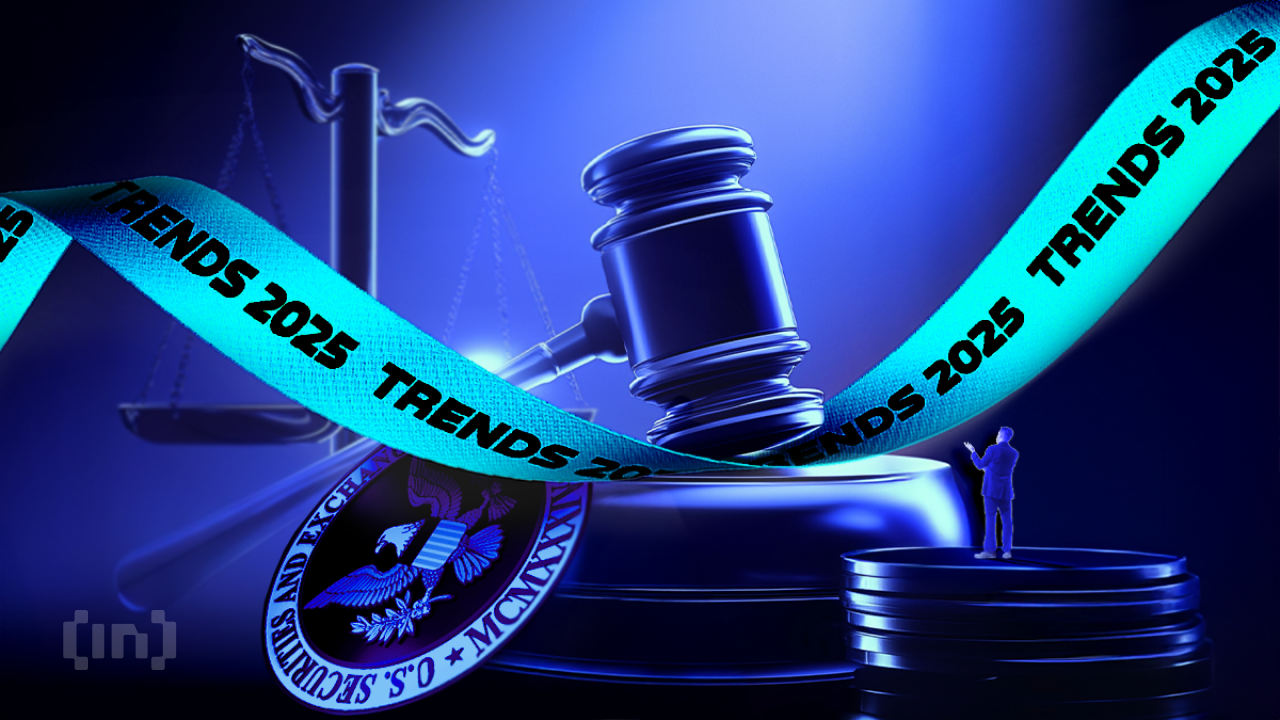The acting head of the DOJ’s Criminal Division obliquely referred to the Roman Storm case in a speech, claiming that the Department won’t invoke similar charges against software developers.
The case attracted a lot of sympathy, even within the federal government, possibly prompting this new stance. Still, he didn’t directly address Storm’s case, which has many unanswered questions.
Is the DOJ Changing Its Stance Towards Tornado Cash and Storm?
As Fed Chair Jerome Powell is expected to speak there tomorrow, there’s a lot of attention on Jackson Hole, Wyoming, at the moment.
Earlier today, Matt Galeotti, the Acting Assistant Attorney General at the DOJ’s Criminal Division, gave a speech that resonated with followers of the Roman Storm case:
“Where the evidence shows that software is truly decentralized and solely automates peer-to-peer transactions, and where a third party does not have custody and control over user assets, new 1960(b)(1)(C) charges against the third-party will not be approved,” Galeotti claimed.
So, what is the meaning of this? Earlier this month, DOJ concluded its case against Tornado Cash founder Roman Storm, which resulted in one guilty verdict.
He was also found not guilty on another charge and a jury hung on a third. In any event, 1960(b)(1)(C) was the specific charge that prosecutors successfully nailed Storm on.
As the trial proceeded, crypto privacy experts rallied behind Storm, and influential federal finance regulators seemingly backed his position. In other words, Galeotti’s speech obliquely acknowledged that the DOJ won’t pursue charges like the Roman Storm case in the future.
Privacy Fans Rejoice, But Questions Remain
On-site reporters described a powerful reaction to this speech: the crowd gave a standing ovation, and long-term industry veterans teared up. Quotes like “well-intentioned innovators do not have to fear for their liberty” directly targeted the pro-crypto audience present.
Still, this isn’t necessarily a binding promise. Galeotti didn’t directly mention Roman Storm or the department’s case against him, which attracted a lot of criticism for its harsh tactics. Considering that this incident happened around three weeks ago, that’s a pretty significant omission.
Moreover, he explicitly stated that DOJ reserves the right to invoke 1960(b)(1)(C) in the future.
Still, all things considered, this is an important moment. DOJ has 12 different Assistant Attorneys General, each of whom controls an office or Division. Galeotti, therefore, has authority over the Criminal Division, which handles federal cases.
In other words, this promise can carry meaningful weight.
The post DOJ Spokesman Seemingly Rejects Roman Storm Charges appeared first on BeInCrypto.
